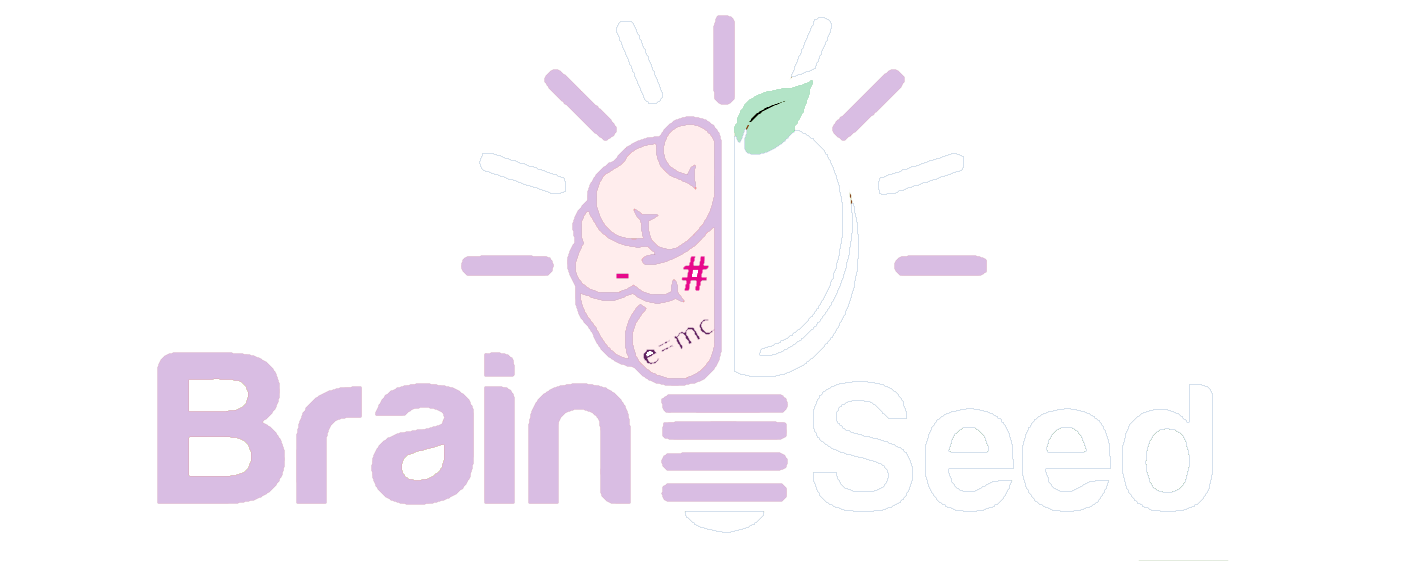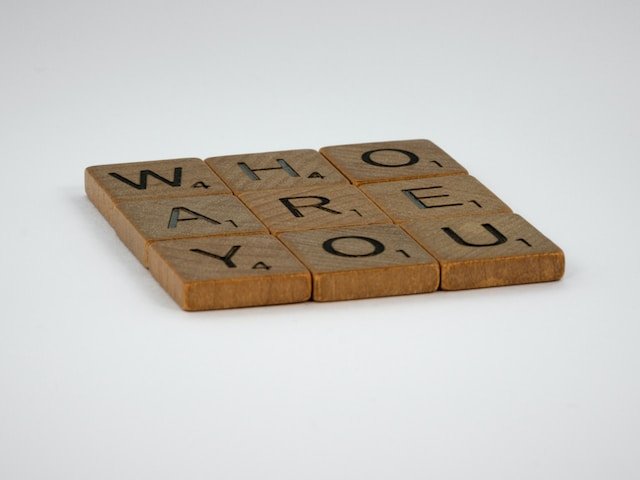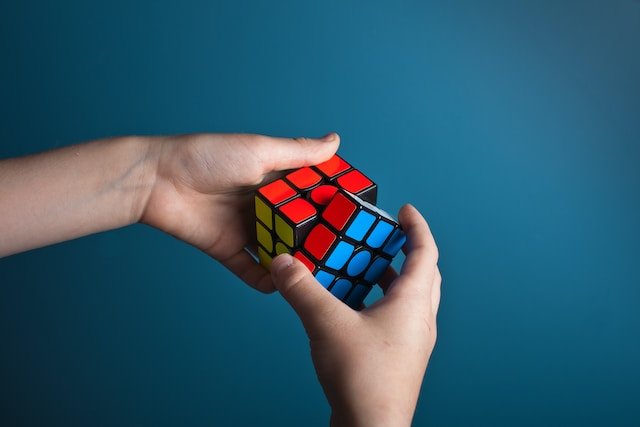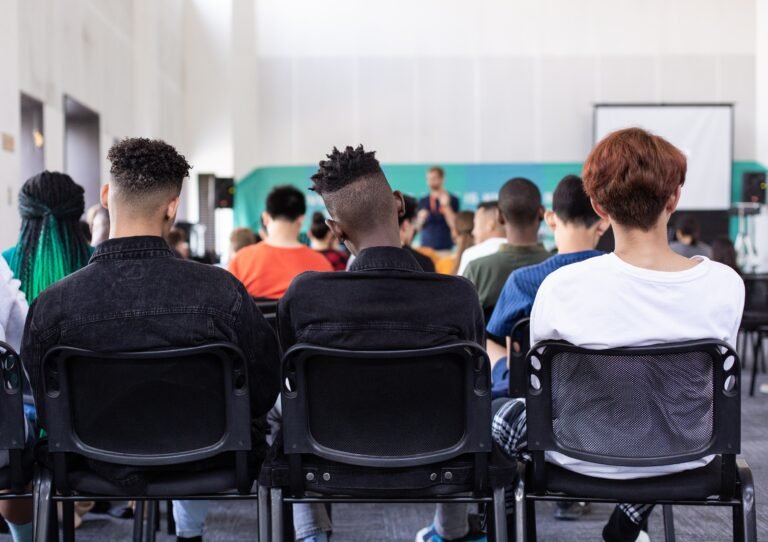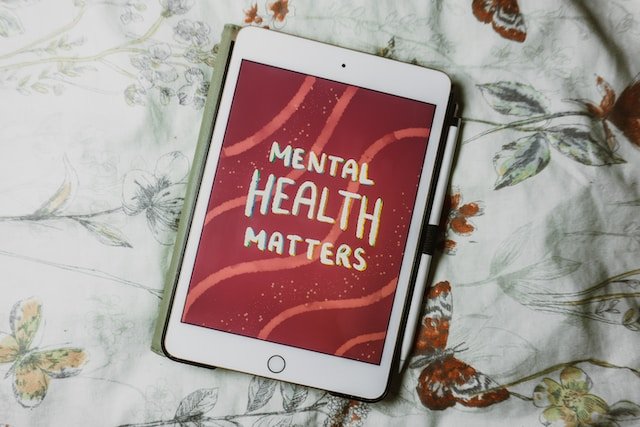What are the benefits of drama for developing self-awareness and self-regulation skills?
Drama is a versatile form of art that offers many benefits for personal growth and development. One of its most significant advantages is its ability to help individuals cultivate self-awareness and self-regulation skills. In this article, we will explore how drama can be used to promote mindfulness and self-regulation, and the advantages of developing these abilities.
Promoting Mindfulness through Drama
Mindfulness is the ability to be aware of one’s thoughts, feelings, and behaviors and understand how they affect oneself and others. Drama can be an effective tool for developing mindfulness because it provides a safe and supportive space for individuals to explore different emotions and behaviors without judgment or consequence.
One way drama promotes mindfulness is through role-playing. When individuals engage in role-playing, they assume a character and explore different perspectives, thoughts, and feelings. This process allows individuals to step outside of their own experiences and gain insight into how others might think and feel. This perspective-taking can be especially valuable for individuals who struggle with empathy or have limited understanding of emotions.
Drama can also promote mindfulness by helping individuals identify their own emotions and triggers. By participating in scenes that provoke strong emotions, individuals can learn to recognize and label their feelings. This process can be particularly helpful for individuals who struggle with emotional regulation or have difficulty identifying and expressing their emotions.
Developing Self-Regulation Skills through Drama
In addition to promoting mindfulness, drama can also help individuals develop self-regulation skills. Through drama activities such as improvisation and scene work, individuals are required to listen to others, control their impulses, and manage their emotions effectively. These skills can translate to real-life situations where individuals may need to regulate their emotions or impulses to achieve a goal or navigate a situation.
Furthermore, drama can help individuals develop self-regulation skills by promoting mindfulness. When individuals engage in drama, they must be present in the moment and fully engaged in the scene. This focus can promote mindfulness and help individuals regulate their thoughts and emotions effectively.
The Benefits of Developing Mindfulness and Self-Regulation Skills through Drama
The benefits of developing mindfulness and self-regulation skills through drama are numerous. Individuals with strong mindfulness skills are more likely to have healthy relationships, make better decisions, and have a stronger sense of self. Similarly, individuals with strong self-regulation skills are better equipped to manage stress, regulate their emotions, and make healthy choices.
In conclusion, drama is a powerful tool for developing mindfulness and self-regulation skills. Through role-playing, emotion exploration, mindfulness, and impulse control, individuals can gain insight into their own thoughts and behaviors and learn to effectively manage their emotions. These skills can have significant benefits for personal growth, relationships, and overall well-being.
Are you looking for a fresh and exciting way to engage your school’s drama program or your child’s creativity? Try YouTube drama! It’s a fun and modern way for students to create and perform in their own videos. YouTube drama is flexible, convenient, and can even reach a wider audience. Plus, it teaches valuable skills like video production, editing, and storytelling. Click here to learn more about how YouTube drama can benefit your school’s drama program.
